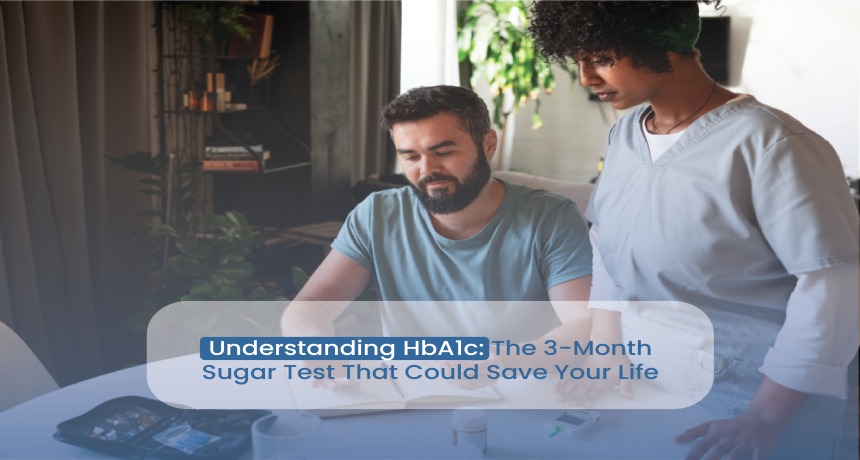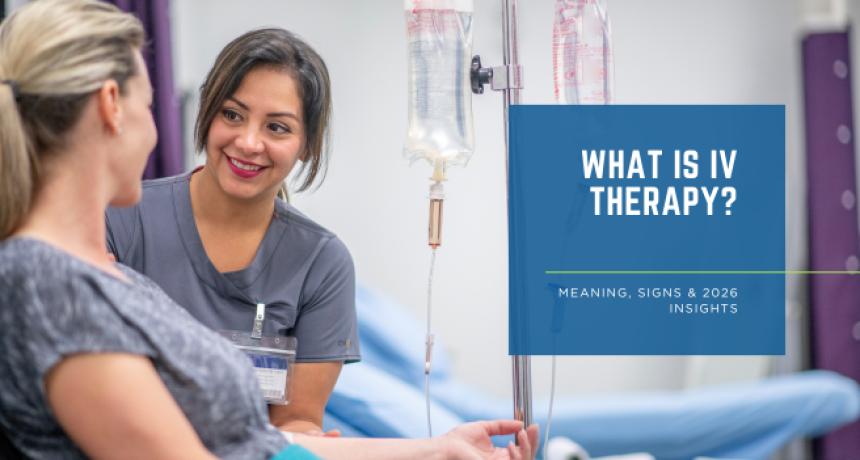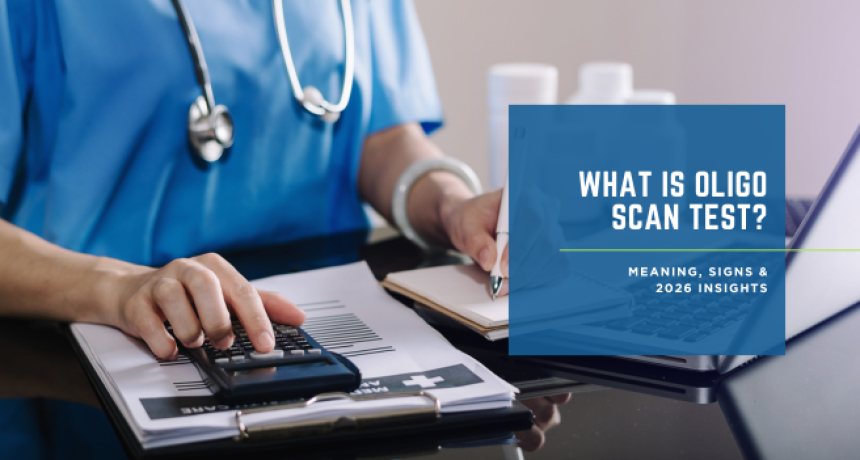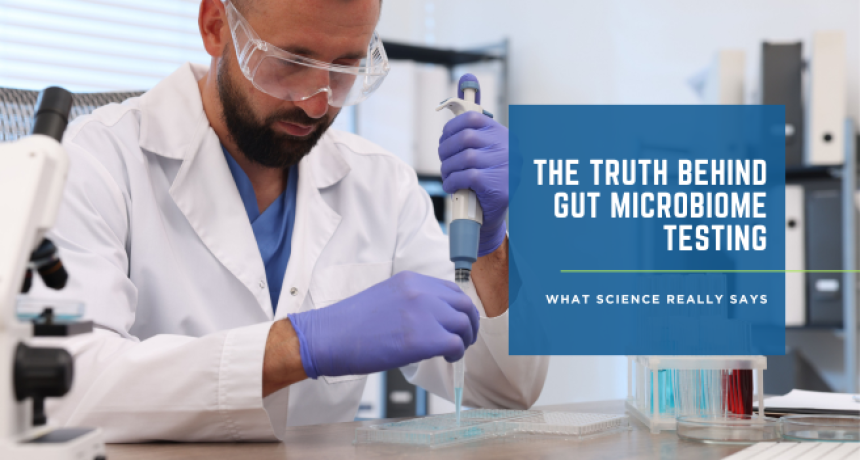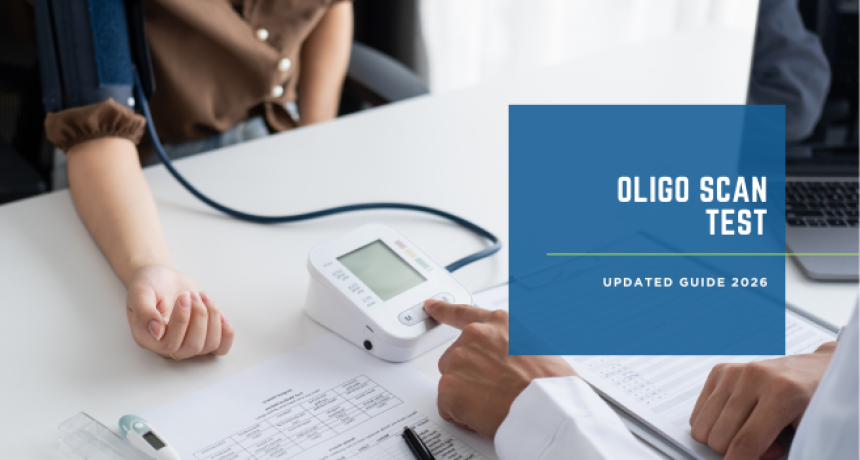Understanding HbA1c: The 3-Month Sugar Test That Could Save Your Life
2025-08-21 Just imagine, you've been fatigued, constantly thirsty, and have sporadic blurriness in your vision. You finally reach a point where you visit your clinician, thinking it may be a vitamin deficiency, and your clinician orders a blood test called HbA1c. You don't even know what that means; is it serious? What does it mean to me? That one little test could reveal a much larger picture of your health, especially around the subject of diabetes. So let's unpack that. The HbA1c test (which represents Hemoglobin A1c) reflects what your average blood sugar levels have been over the last 2 to 3 months. It not only shows you your sugar level on the test date, but also provides a long-term view. Because your body does not respond to one day of high sugar. It only reacts to consistent patterns. Therefore, if your sugar has been high for weeks or months, the HbA1c test will reflect this, even if your blood sugar is normal today. Hemoglobin is a type of protein that is in your red blood cells and carries oxygen. When you eat sugar, some of that gets attached to hemoglobin; this is called glycation. The more sugar in your blood, the more that attaches. Red blood cells have a life span of about 3 months, so the HbA1c test shows how much sugar has stuck to the red blood cells over their life span. You can think of it as a “sugar memory” test. Here’s what your numbers might mean: Below 5.7% = Norma 5.7% to 6.4% = Prediabetes (a warning sign) 6.5% or higher = Diabetes The higher the number, the higher your average blood sugar has been. Oh no! This is one of the simplest blood tests. There is no fasting. You can eat and drink normally before the test. That is because it isn't measuring your blood sugar right now - it is measuring it over time. So, while a finger-prick test might tell you your sugar today, HbA1c tells your story over months. If you’re diabetic or have a risk, controlling your HbA1c can help reduce the chances of getting: Kidney failure Nerve damage Heart attacks Blindness Amputations That is how serious it can be. But the good news? Early diagnosis makes a significant difference. Let’s meet Ravi, 42, a software engineer. Ravi had ignored the warning signs (weight gain, frequent thirst, tiredness) and rationalized them as a result of stress from work. At a regular check-up, Ravi’s doctor asked for an HbA1c test. The result? 8.2%. Diabetic, of course. Ravi was shocked. He certainly wasn’t ready for medication, and his doctor said he could try lifestyle habits for 3 months. So Ravi: Walked for 30 minutes a day Reduced sugary snacks and soft drinks Switched from white rice to brown rice Lost 5 kilos After 3 months, his HbA1c was down to 6.3%, in the pre-diabetes range! Ravi’s experience shows that making small adjustments and doing them consistently can have a lot of impact. Great news - you don't need to prepare a whole lot. But the following tips may help: No need to diet Let your doctor know if you are anemic (low iron), pregnant, or have a blood condition Continue all of your regular medications unless directed otherwise by your doctor If you’re healthy: Once every 1-3 years, especially if you’re over 40 or have a family history of diabetes If you’re prediabetic: Every 6–12 months If you have diabetes: Every 3–6 months, depending on your control There can be other factors that can affect your HbA1c besides diet and exercise: Stress and poor sleep Infection or illness Certain medications, including steroids Blood conditions such as anemia So always check your result with your doctor. Sometimes, HbA1c test results may temporarily be elevated based on other circumstances. If you are just slightly higher than the threshold (let's say, 6.6 percent), your doctor may suggest waiting a little longer to repeat the test to make a diagnosis. One number does not define you, but it is a signal. Pay attention. This is what is truly effective: Get moving: Walking, yoga, cycling, whatever you enjoy Reduce your carbs: Use whole-grain pasta, bread, and rice instead Cut back on sugars: Eliminate sugary drinks, sweets, and packaged snacks Get enough fiber: Vegetables, legumes, and fruits (in moderation) Get enough sleep: 7-9 hours Drink lots of water: Keeping hydrated helps your body get rid of the extra sugar You could think about your HbA1c test as being similar to a mirror: it will reflect how well you're making choices, dealing with stress, and living your life to positively affect your health. Whether you're just trying to prevent diabetes, you're handling diabetes, or seeing out of curiosity, knowing your HbA1c number is empowering. It will allow you to make much more informed choices going forward, even avoiding health issues that are more serious. So, there is nothing to fear with the test, and there are only positive things that can come from it. Like Ravi, getting your "blood work" done may be the first step to a healthier life.What is HbA1c and Why Is It Important?
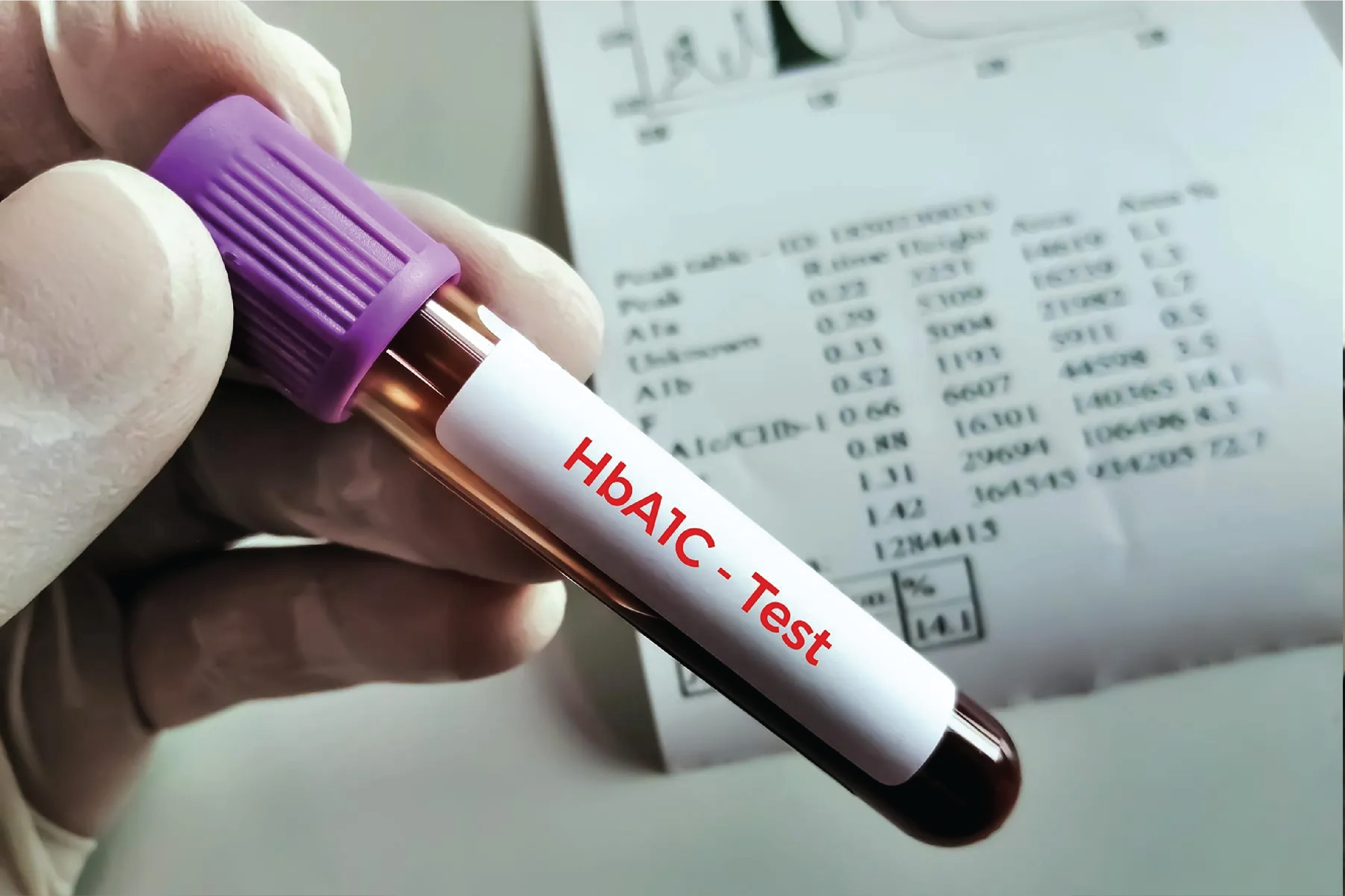
Why is this important?
The Science Behind HbA1c
Normal Range for HbA1c
Do You Need to Fast for an HbA1c Test?

How Is HbA1c Different from a Regular Blood Sugar Test?
HbA1c and Diabetes: Why It's a Big Deal
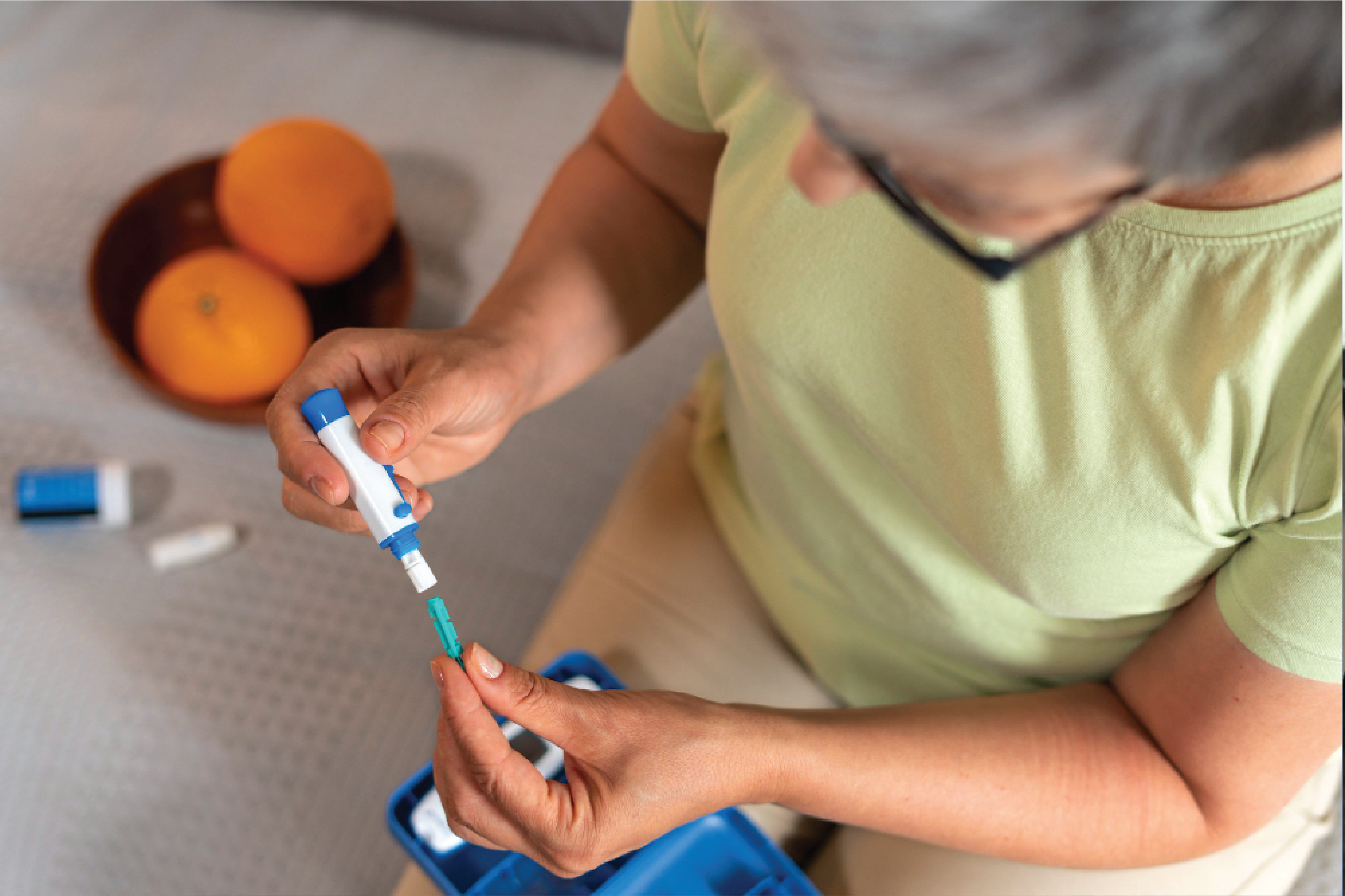
Case Study: Ravi’s Wake-Up Call
How to Prepare for an HbA1c Test
How Often Should You Get Tested?

What Affects Your HbA1c Levels?
Why You Shouldn’t Panic Over One Result

Tips to Lower Your HbA1c Naturally
Conclusion:
.png)
